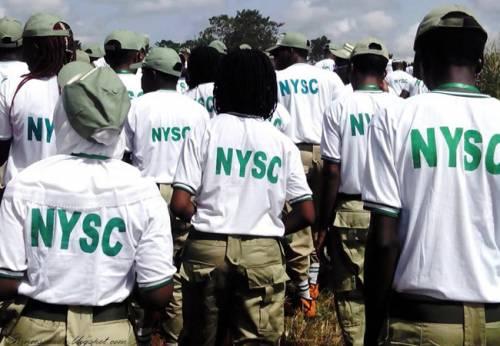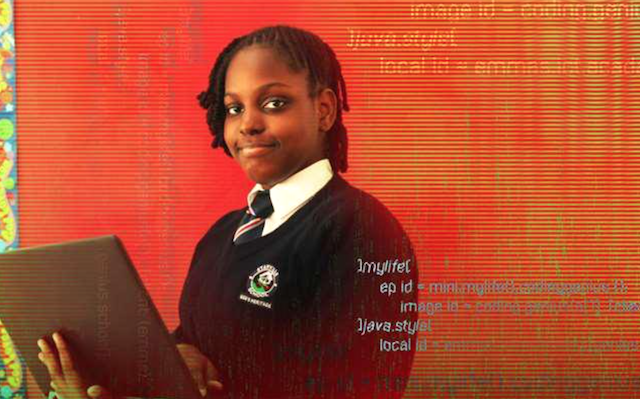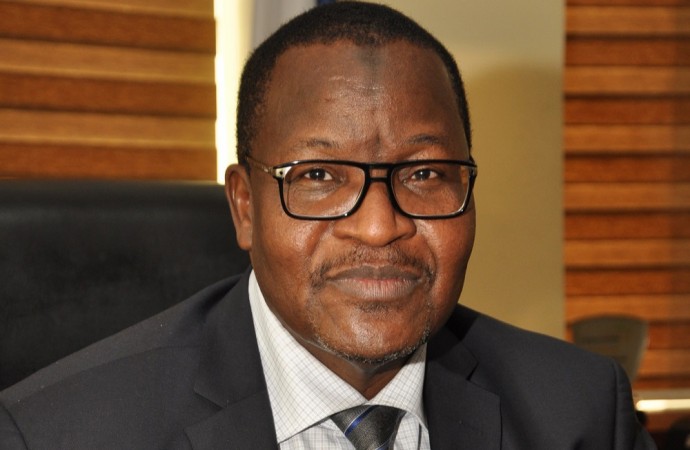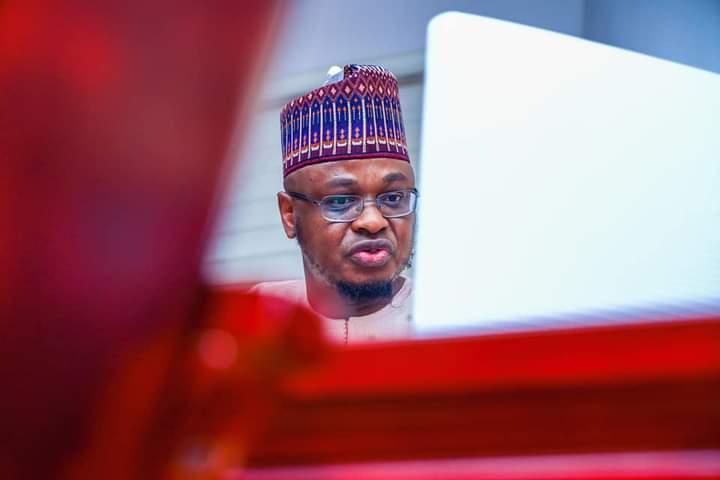The Federal Executive Council (FEC) on Wednesday approved two contracts worth N15.3 billion for the supply an installation of information and communication technology (ICT) components and digital assistance devices for the 2023 population census.
Senior Special Assistant to the President on Media and Publicity, Garba Shehu made the disclosure after the Council meeting presided over by President Muhammmadu Buhari at the Presidential Villa, Abuja, on Wednesday.
Shehu said: ”Among those memos that were okayed today was the award of the contract for the supply and installation of information and communication technology (ICT) components for the 2023 population census.
”This is for the National Population Commission (NPC). It is meant for census. The ICT component contract was awarded for about N10.9 billion.
“Another contract that was approved for the National Population Commission was the contract for the development and implementation of mobile device management solution for the personal digital assistance devices to be used for the 2023 population census.
”This is in the sum of about N4.4 billion.”
Shehu said the council also approved contract for the development of external cost of infrastructure at the Economic and Financial Crimes Commission (EFCC) new training academy at N3.3 billion.
He added that N1billion was equally approved for the contract for the procurement of 19 vehicles for the Nigerian Ports Authority (NPA).
The presidential aide said the council approved N65 million for variation in the cost for the supply of airport fire crash tenders in the Ministry of Aviation.
He further disclosed that the council approved policy on HIV/AIDS to protect people living with the disease and new regulations on woodworking ecosystem.
“Government has revised regulations pertaining to woodworking machinery and the entire ecosystem which dated back to 1959.
”New regulations have been put in place as empowered by the law.
“And by this approval, the Attorney General of the Federation and Minister of Justice will domicile and gazette these changes that have been approved.
“His other approval is on policy on HIV/AIDS. Basically, this is to guarantee personal human rights over people with HIV in work places so that they are not discriminated against and they are given equal rights.
”They are not discriminated against and they are given all that is due to them. And they are respected, especially with regards to their personal and human rights,” he said.
The Minister of Works and Housing, Babatunde Fashola also disclosed the council approved the construction of 283.4km roads to BUA Cement company under the Federal Government’s tax credit scheme at the cost of N328 billion.
According to him, the contracts covering four different roads in Kwara, is covered by Executive Order 7 which promotes investments in public infrastructure, especially roads.
Fashola explained that the contract also covered a distance of about 283.938km.
He revealed that the council also approved digitization of the ministry’s operation at the cost of N916million and would be implemented in 12 months.
Other memoranda approved by council for the ministry, according to him, included the augmentation of 48 kilometers Kaduna Eastern bypass contracts connecting Kaduna to about 11 states in the country, from N38bilion to N78.6billion
He stated that about 24 kilometers of the road had been completed
The Minister of Mines and Steel Development, Olamilekan Adegbite also addressed the correspondents on the outcome of the meeting.
He disclosed that FEC approved a new bill known as Nigeria Mining and Mineral Act, 2023, to replace the Nigerian mining law and update the law.
The new bill captures the value chain in the mining sector, encourage value addition, as well as, recognises the artisanal miners, who will now be registered, under the proposed law.
He disclosed that FEC approved the bill for onward transmission to the National Assembly by the Attorney General of the Federation and Minister of Justice.
The Minister of Finance, Budget and National Planning, Dr Zainab Ahmed, revealed that the Federal Government had secured a World Bank facility worth $800 million dollars.
It will be used to attend to a segment of post-petroleum subsidy palliatives requirement in the country.
According to her, the 800 million dollars is the first tranche of palliatives to be disbursed through cash transfers to about 50 million Nigerians, who belong to the most vulnerable category of society.
She said: “When we were working on the 2023 Medium Term Expenditure Framework and the Appropriation Act, we made that provision to enable us exit fuel subsidy by June 2023.
”We’re on course, we’re having different stakeholders’ engagements, we’ve secured some funding from the World Bank.
“That is the first tranche of palliatives that will enable us give cash transfers to the most vulnerable in our society that have now been registered in a national social register.
“Today that register has a list of 10 million households. 10 million households is equivalent to about 50 million Nigerians.”
Ahmed added that government was ready to go beyond cash transfer to cushion the effect the subsidy removal will have on Nigerians.
She added: “We also have to raise more resources to enable us do more than just the cash transfers and also in our engagements with the various stakeholders.
“There are various kinds of tasks that we have go beyond the requirement of just giving cash transfers. Labour, for example, might be looking for mass transit for its members.
“So, there are several things that we’re still planning and working on, some we can start executing quickly, some are more medium-term implementation.”
On how much funding was received from the World Bank for the execution of the planned exit, Ahmed said: “$800 million for the scale up of the National Social Investment Programme at the bank and it’s secured, it’s ready for this disbursement.”






